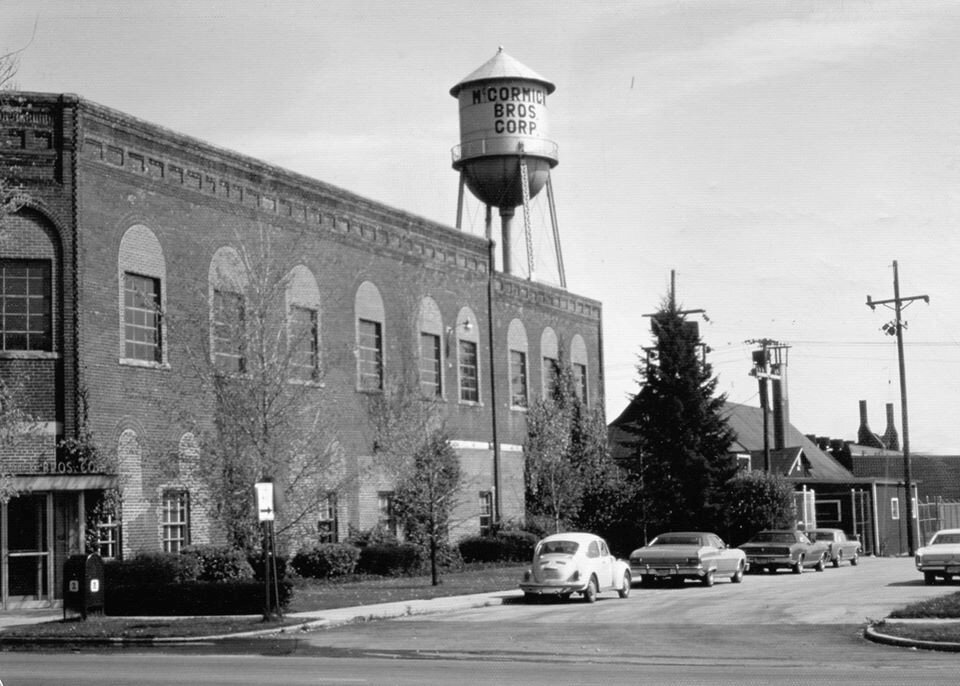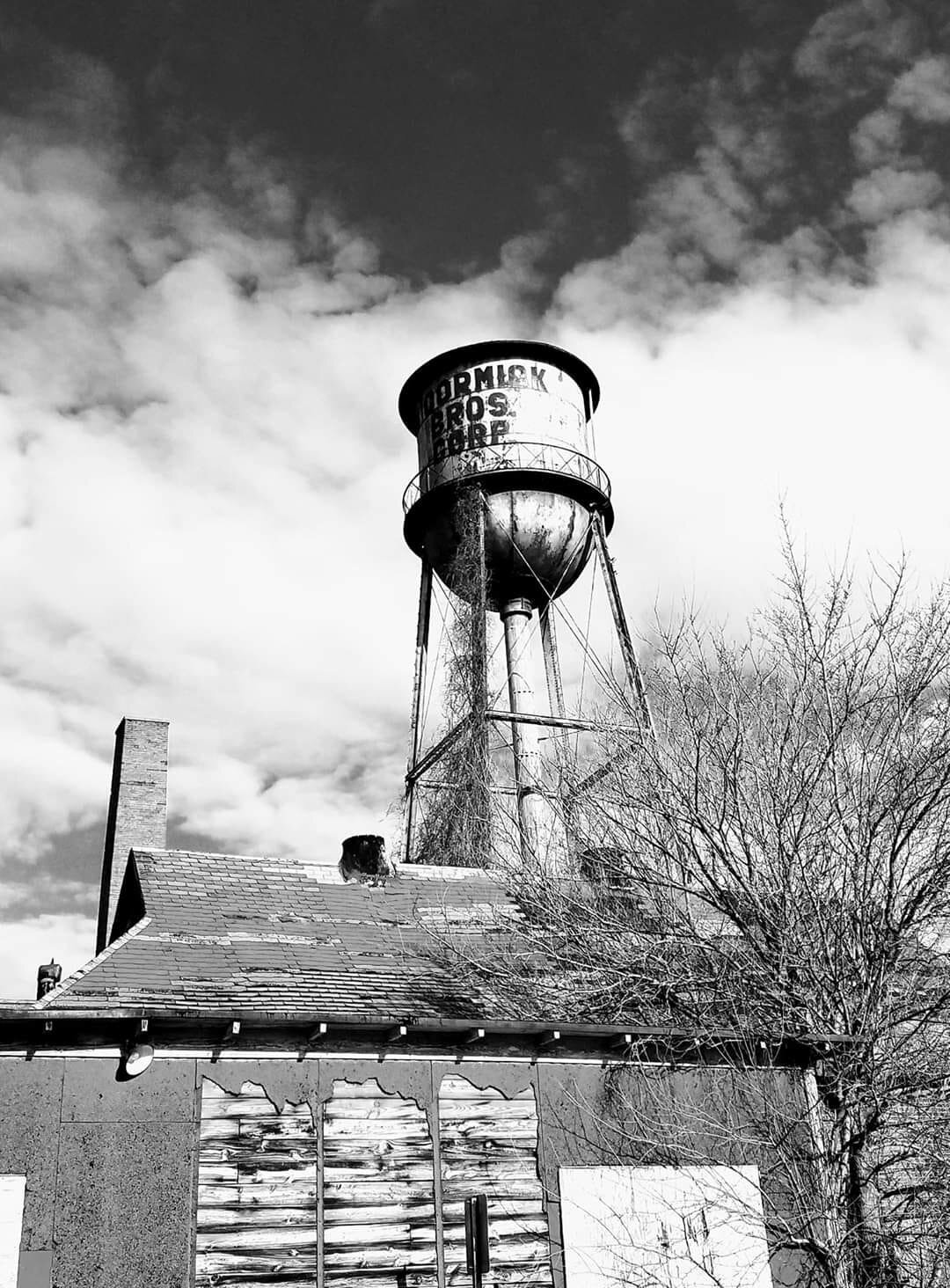On May 20, 1907, Walter, Arch, and C. Roy McCormick founded the McCormick Brothers Company in Albany, Indiana. The company evolved from a string of family businesses, including a washboard factory and a hardware store. At the time of its founding, the McCormick Bros. Co. functioned primarily as a hardware store. Around 1908 a new concept in kitchen design was becoming popular across the United States: the freestanding cabinet. the McCormick Bros. Co. began to produce metal accessories for these cabinets such as flour bins and sifters, metal racks for utensils and spices, breadboxes, and drawers. As the market for such items grew, the McCormick’s decided to devote all of their resources to manufacturing kitchen accessories, and the company moved to a new facility in the old Albany bank building. After Walter McCormick left the business in 1909, another McCormick brother, Ora, joined the company and reorganization was needed. Subsequently, C. Roy was elected president, Ora vice-president, and Arch secretary-treasurer. As the McCormick Bros. Co. grew, the town of Albany grew around it. Located in the center of residential Albany, the plant was the focal point of its neighborhood, and most of the employees lived in the surrounding community.
In The Beginning


Times Change
During the Great Depression, the company expanded to produce other kitchen accessories, such as the hand-held sifter and wire shelving for refrigerators. When the United States became involved in World War II, the McCormick Bros. Co. contributed to the war effort. Beginning in 1942, 90 percent of the company’s resources were dedicated to the production of materials for the Army and Navy. The electro-tin plating department was expanded and used to plate parts for shells, rockets, and bombs. Other areas of the plant were used to manufacture booster caps for shells, racks designed to handle fuse parts, and other military supplies. In 1945, the company received the Army-Navy “E” Award, the award for excellence in production in support of the country’s defense.
In 1948, a problem arose for the McCormick Bros. Co. when a leak in the old plating waste tank was discovered to be contaminating the White River nearby. As a result, thousands of fish were killed. The old tank was quickly replaced with a new, spill-proof tank, and the McCormick’s provided assistance replenishing the river’s fish population.
As times changed, so, too, did the McCormick Bros. Co. products. Due to a decline in baking, the demand for flour bins and breadboxes all but disappeared, and the company’s focus began to shift to the production of refrigerator shelves and hand-held sifters. In the 1950’s, a new market opened up with the widespread popularity of the television, and the company introduced folding TV tables. During the Korean War, the plating department was used again to support the military effort.
In 1953, the McCormick Bros. Co. applied for corporate status and became the McCormick Brothers Corporation. Toward the end of the 1950’s, and into the 1960’s and 1970’s, the company contracted with the U.S. Steel Corporation to manufacture paving joints to be used in the construction of the nation’s interstate system. These joints allowed for the expansion and contraction of pavement on the roadways caused by weather conditions, and prevented the concrete from cracking.
Despite efforts to diversify production, a lack of modernization in the company led to strikes in 1969 and 1971. After a number of attempts to stay afloat, in 1977 the board decided to sell all assets and close the company. The last board meeting was held on July 3, 1978, and the McCormick Brothers Corporation was officially closed.



